Welcome to Part 3 of your “Cool Adult Financial Action Plan”! Today’s topic is one that comes up with every single one of my clients -- Credit Scores!
Credit scores are important because they impact the interest rates you’re offered by lenders (think mortgage lenders, car finance companies, and personal loans from banks) and those interest rates can really change your financial outlook.
For example, let’s compare getting a $350,000 mortgage for 30 years at a 5.5% interest rate versus a 7.5% interest rate.
At the 5.5% interest rate your monthly payment will be $1,987 and, over the course of the 30 year mortgage you’ll pay a total of $715,320 for the $350,000 loan.
At the 7.5% interest rate your monthly payment will be $2,447 and, over the course of the 30 year mortgage you’ll pay a total of $880,920 for the $350,000 loan.
BOTH are expensive loans, especially in comparison to 2020 rates, but the 7.5% interest rate costs you an additional $165,600. That’s a lot of money! AND you have at least some control over what kind of interest rate you get offered. Your credit score will dictate if you get offered the best deals available or the worst, or somewhere in between. It will also dictate if you can get approved for a loan, regardless of the interest rate that is being offered.
The important thing is to make sure you are keeping track of your score before you actually apply for a loan so that you aren’t surprised by the interest rate you are offered (or surprised by a loan denial). The good thing is that it is much easier to track your credit score and address problems (i.e. inaccuracies or fraud) than it used to be. I recommend using Credit Karma to all of my clients (I’m not being paid, but I wish they would!). Credit Karma is free, easy to use, and provides clear alerts when something on your credit history changes. All you need to do is create an online account and check out your “full credit report” periodically. For most people, looking at this report once a quarter or once every other month is good, but if you are working to increase your score prior to applying for a loan, I recommend checking it once a month.
If you find anything that is inaccurate, then you’ll need to address the issue ASAP. The longer something wrong is on your credit report, the harder it is to get it removed. There are buttons throughout the “full credit report” on Credit Karma that connect you to the appropriate credit agency to dispute errors. Easy peasy! Or, at least getting connected is easy. Depending on the error it may be pretty simple to fix or it could involve a fair amount of work (sorry, but I don’t want to lie to you).
If you need help or know that you want to raise your score, but aren’t sure how to do it, reach out! I’d love to talk.
As always, I’m rooting for you.
XOXO,


